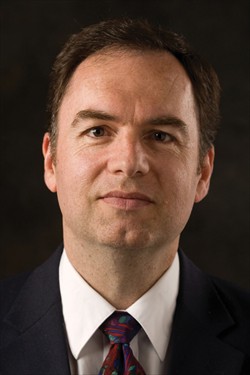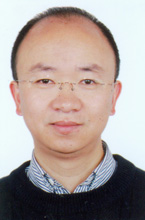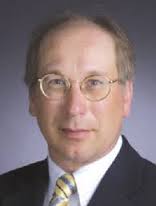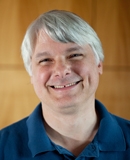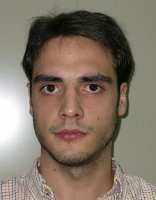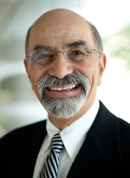About
Forward progress in remote sensing science and technology relies on the free exchange of results and ideas, as well as the dissemination of remotely sensed data acquired by ground-based, airborne, and spaceborne sensors. An important ingredient is the family of computer codes and algorithms used by scientists and engineers to analyze data, model and calibrate sensors, and relate the outputs of sensors to the physical parameters of the observed scenes. Scientific journals and meetings—such as the GRSS Transactions and the IGARSS symposia—play an important role in facilitating the exchange of scientific information, but their domains do not encompass computer codes. For the most part, remote sensing computer codes remain hidden from public view. But, no more!
The Remote Sensing Code Library (RSCL), was an IEEE GRSS initiative aimed at establishing a large family of remote sensing computer codes -- contributed by members of the remote sensing community and their host institutions—that can be shared by other members of the community, not only to verify and extend published results, but also to reduce the duplication of time and effort invested in the development of these codes. While RSCL is not currenlty accepting new submissions, RSCL was established to invite researchers to submit their codes, which were then reviewed by an Editorial team to insure relevance and quality. Accepted codes become citable in the literature, just like journal publications; when an individual uses a code from the RSCL to generate results and then includes them in a journal or symposium publication, that user is expected to cite the code and its authors.
Our Team
RSCL was supported by and Editorial Team and a group of Champions:The Editorial Team managed the review and publication processes, from the code submission stage, through the code evaluation process, and the final decision on whether or not to accept the submitted code for inclusion in the Remote Sensing Code Library. The Editorial Team is shown in the right margin.
The RSCL Champions were a group of highly dedicated reviewers who worked with the Editorial Team to test submitted codes and evaluate their utility. The RSCL Champions are shown below.
RSCL Champions
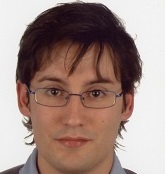 Fran Fabra, Institute of Space Sciences (ICE), Barcelona, Spain |
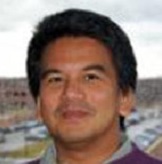 Rolando Raqueño, Rochester Institute of Technology (RIT), Rochester, New York |
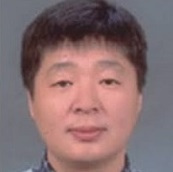 Il-Suek Koh, Inha University, Incheon, South Korea |
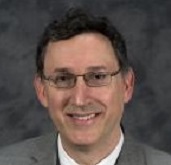 Joel T. Johnson, Ohio State University (OSU), Columbus, Ohio |
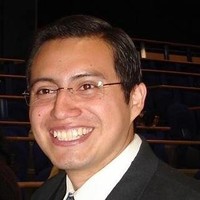 Alejandro Monsivais, Instituto Politecnico Nacional, Université de Sherbrooke Mexico City, Mexico |
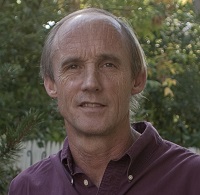 Christian Kummerow, Colorado State University, Fort Collins, Colorado |
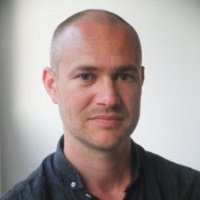 Morten Wergeland Hansen, Nansen Environmental and Remote Sensing Center, Bergen, Norway |
 Christoph Borel-Donohue, US Army Research Laboratory, University of Massachusetts, Amherst |
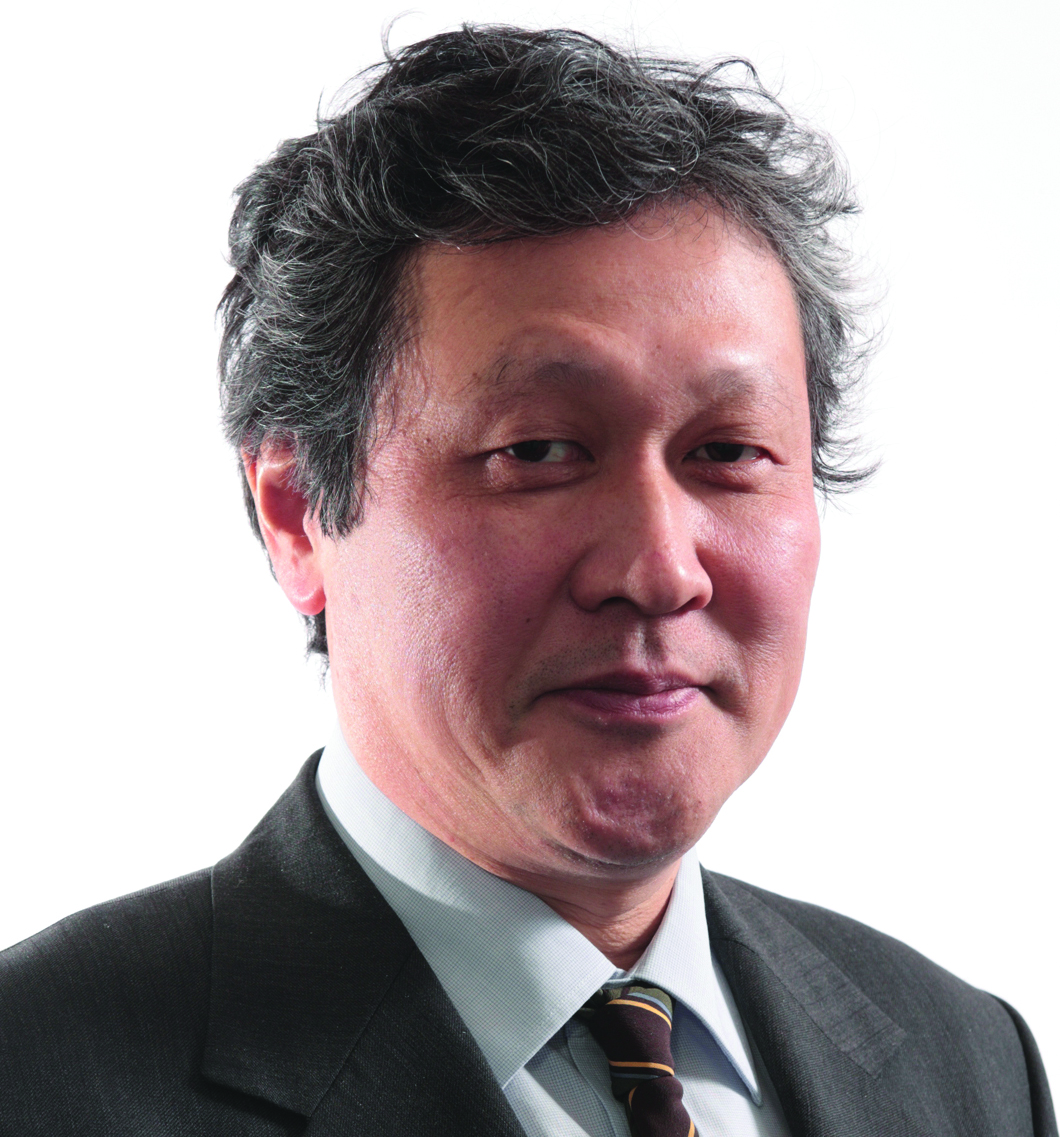 Akira Hirose, The University of Tokyo, Tokyo, Japan |
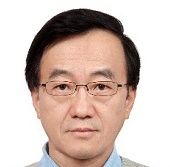 Kun-Shan Chen, Institute of Remote Sensing and Digital Earth (RADI), Chinese Academy, Beijing, China |
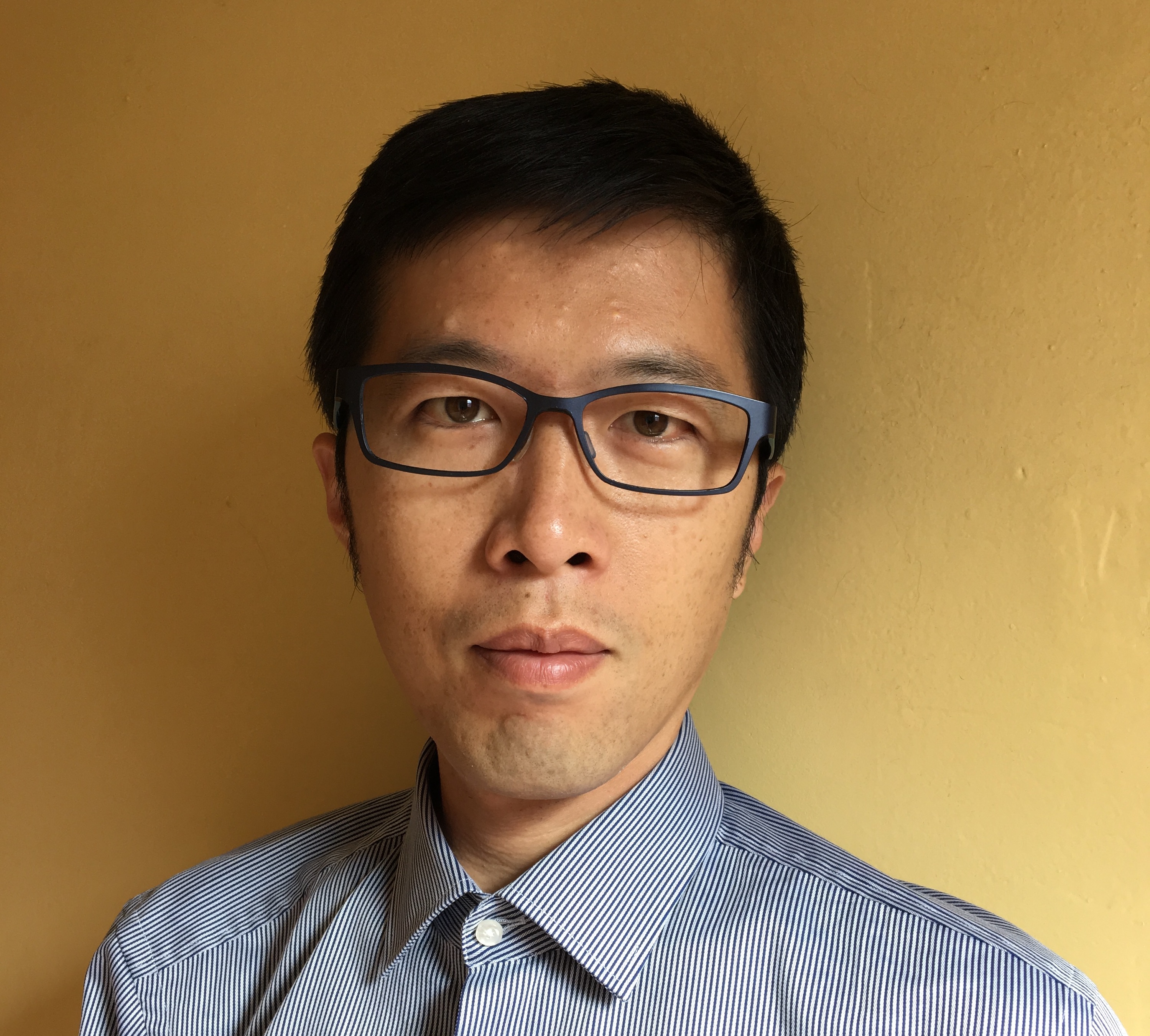 Tien-Hao Liao, California Institute of Technology, Pasadena, California |
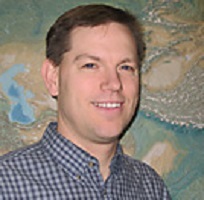 Jeremy Nicoll, University of Alaska Fairbanks, |
 Haonan Chen, NOAA Earth System Research Laboratory, Colorado State University Boulder, Colorado |
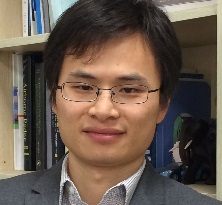 Feng Xu, Fudan University, Shanghai, China |
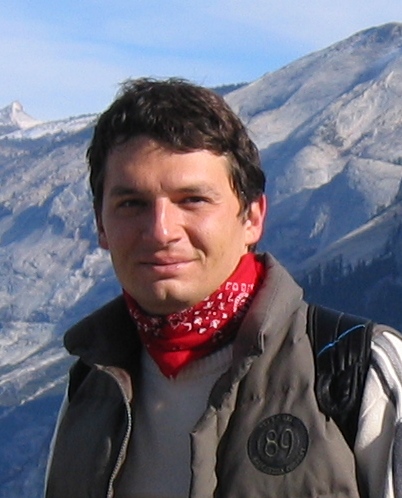 Marco Brogioni, Istituto di Fisica Applicata "N. Carrara", Sesto Fiorentino, Italy |
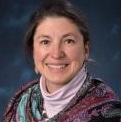 Mary J. Brodzik, National Snow and Ice Data Center, Boulder, Colorado |
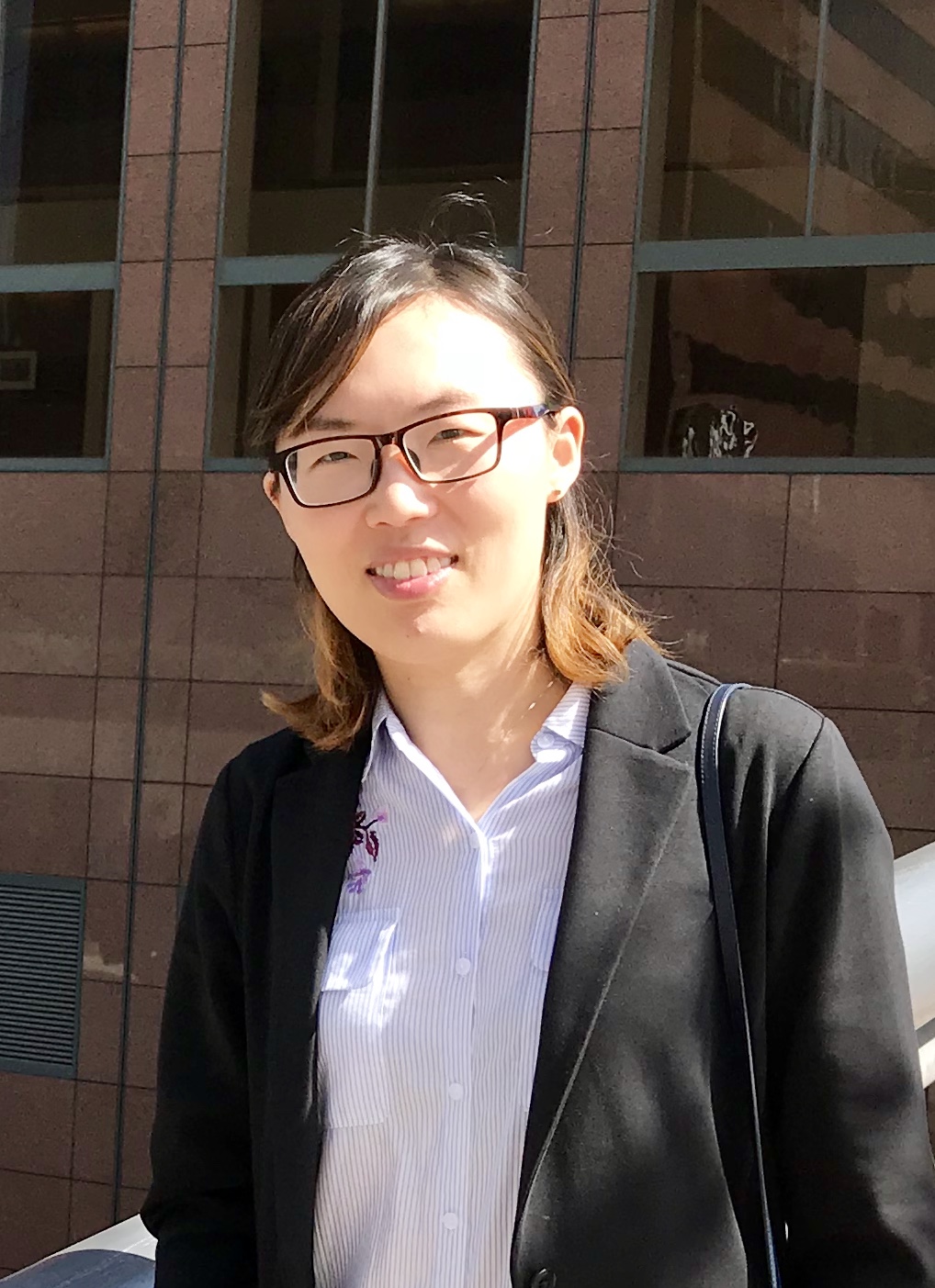 Xiaolan Xu, Jet Propulsion Lab (JPL), Pasadena, California |
Editorial Team |
|---|
|
|
|
|
|
|

